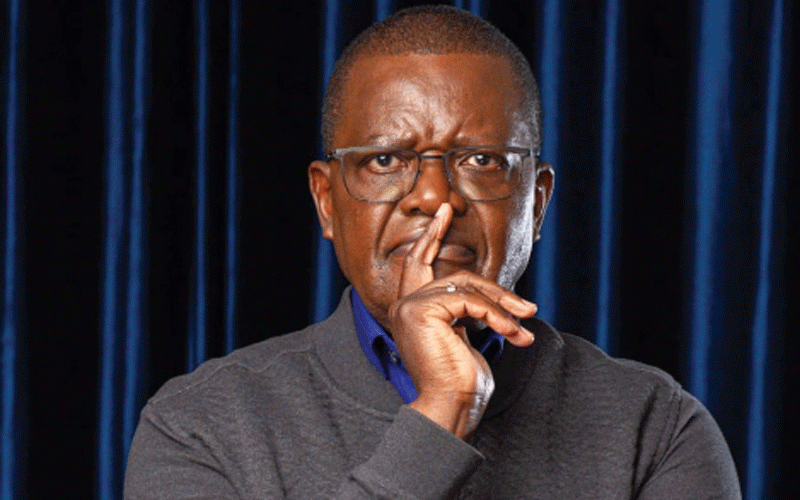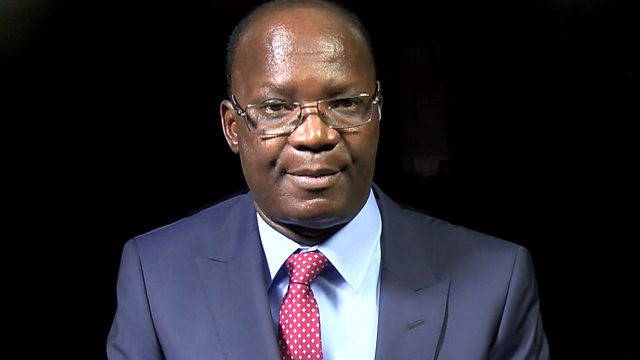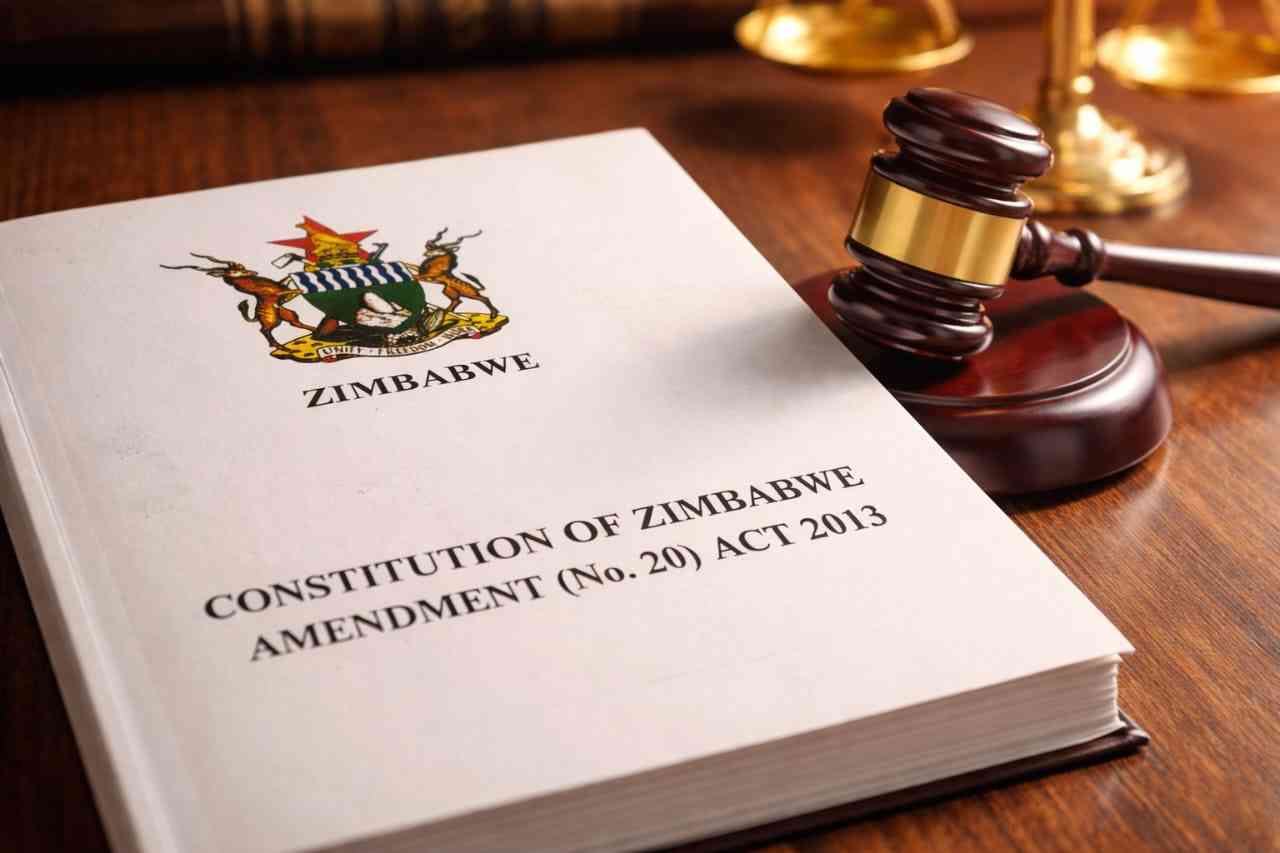
Media experts say the journalism profession is in decline, citing the collapse of print media and a widespread loss of public trust.
Speaking during a Southern African Media Summit held last week in Harare, Alpha Media Holdings (AMH) chairman, Trevor Ncube, said the decline of print media is staggering, with many newspapers shutting down and thousands of journalists losing their jobs.
“We are in the boxing ring, and in the boxing ring, you can't afford to hide your flaws," Ncube said.
"Let's be brutally honest with each other.
"We are in a crisis.
"Before pointing fingers at governments, advertisers or technology, we must first of all look in the mirror.”
He provided stark examples to illustrate the point.
“The Mail & Guardian now clears just under 5 000 print copies from a high of 60 000,” he said.
- Masunda lands global sugar industry position
- In Conversation with Trevor: Chisamba: Let’s be proud of ourselves
- In Conversation with Trevor : How car crash changed my life
- In Conversation With Trevor: ‘We lost our humanity’
Keep Reading
“The Financial Mail announced two weeks ago that it's shutting down or moving to be part of Business Day.
“I used to love the Financial Mail — a glossy, big publication that came out every week — but that’s no more.”
He added: “The collapse is staggering.
“On December 31, 2024, Media24 shut down Beeld, Rapport, City Press and the Daily Sun in one sweep. Nigeria lost Next, The Comet and The Telegraph.
“Here in Zimbabwe, inflation is ravaging our businesses and politics is also doing damage to what we are doing.”
Ncube argued that bad journalism has hastened the fall, with corruption, greed and a loss of objectivity becoming the norm in many newsrooms.
“Technology and changing habits are major forces in what is happening,” he said.
“But again, let's not pretend it's just that.”
Ncube said bad journalism has also quickened the fall, citing corruption as one of the major drivers.
“The profession is infected by the sins that plague politics: corruption, greed, and a stunning loss of bias,” he said.
“Too many journalists have sold their souls.
“This is not an exception; it has become the norm in too many newsrooms.”
He indicated that the public’s role in consuming fake news and relying on social media for information is also a problem.
“We have lost public trust because we have abandoned our leadership role,” he said.
“Instead of being society's true north, we have become cheerleaders, and for that matter, sectarian cheerleaders. Instead of fact-checking, we amplify nonsense. Instead of accountability, we deliver toxicity.”
He added: “There is no future for bad journalism, but there is no expiry date for good journalism. When journalism dies, society loses its conscience.”
He also criticised the public's reliance on unverified sources.
“People swallow fake news on WhatsApp and think it is gospel," he said.
“When did we start reading WhatsApp as a source of news? A forwarded message with no byline, no editor, no accountability, is simply not news. Meanwhile, social media platforms profit from unified outrage, division, and lies.”
Ncube called on journalists to reclaim their leadership role and prioritise fact-checking, accountability and critical thinking.
“Only journalists armed with love, temperance, nuance, and critical thinking have the capacity to build nations,” he noted.
“When media collapses, corruption thrives. Weak journalism is a paradise for crooks. Journalism is not an expense; it is an infrastructure.”
Human rights lawyer Tinashe Chinopfukutwa discussed the legal battles for press freedom.
“I will start with the cases which were litigated around the early 2000s because during that period there was a sustained attack by the state on the media through the enactment of repressive pieces of legislation such as the Access to Information and Protection of Privacy Act,” said Chinopfukutwa.
He explained that media outlets were often forced to comply with laws they believed were unconstitutional simply to operate, a situation now at odds with more recent Supreme Court decisions.










